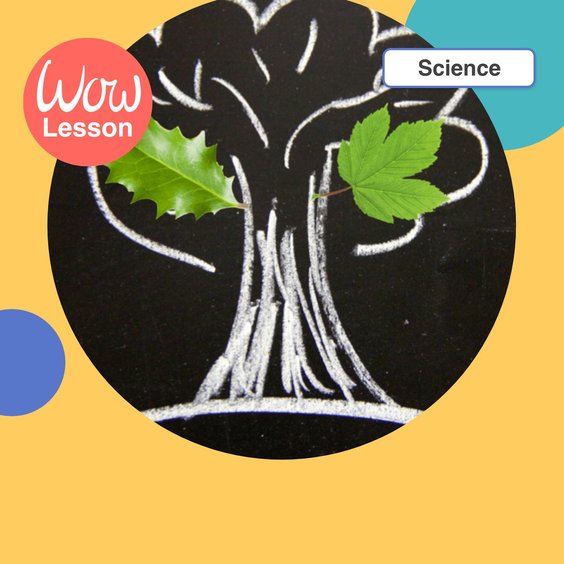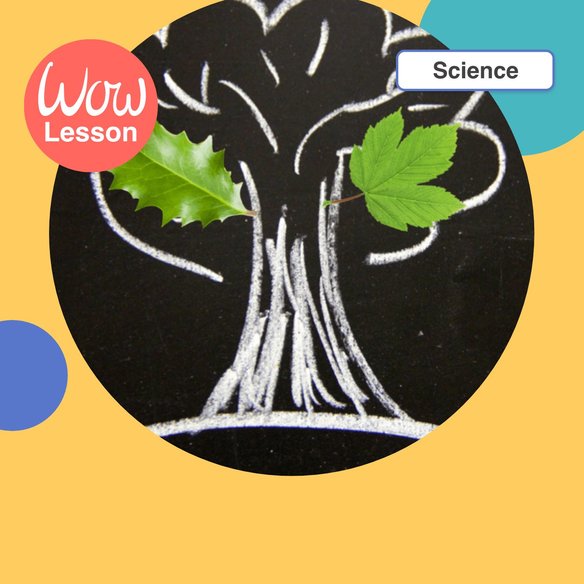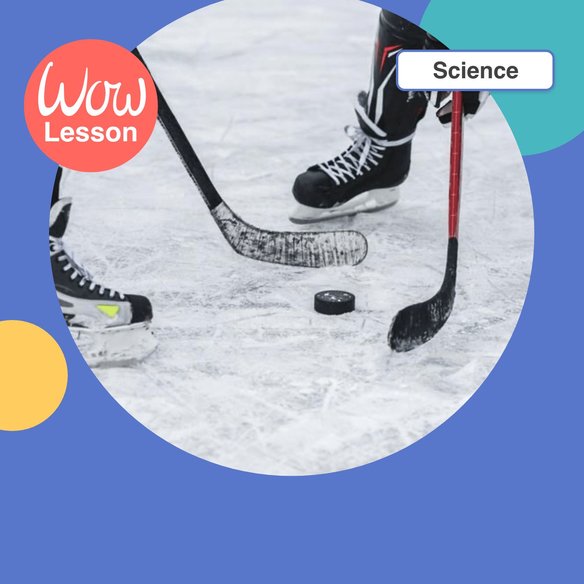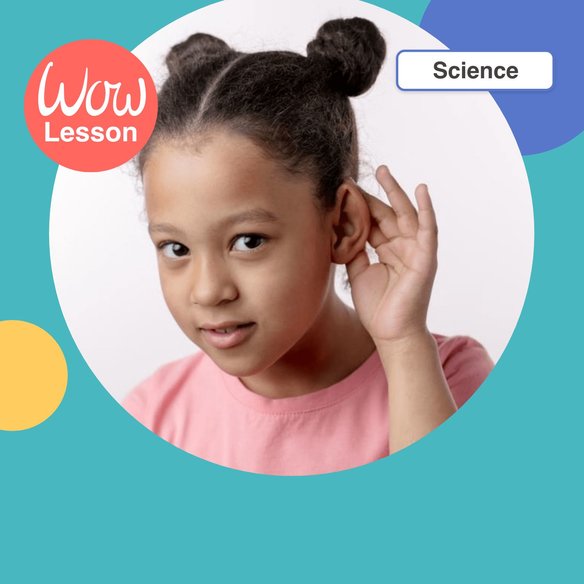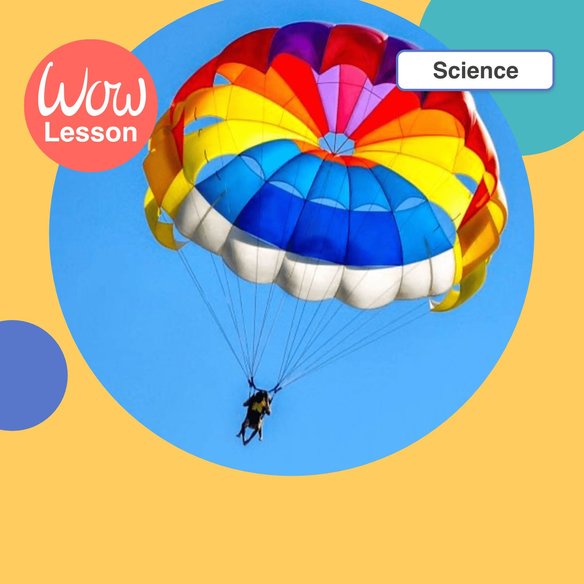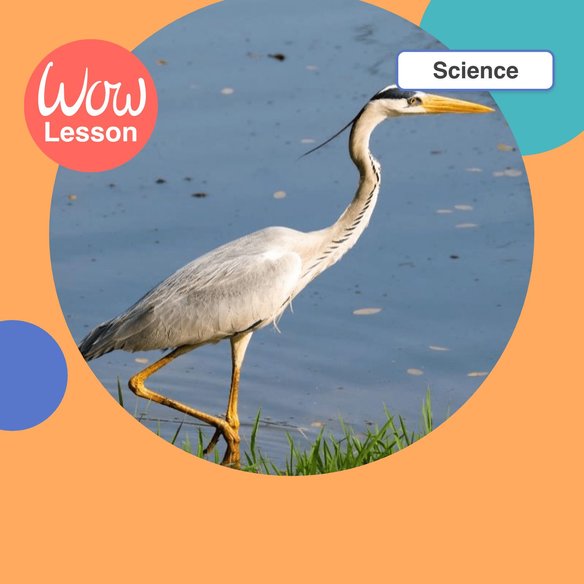Angharad Pass Science Author
Introducing Angharad Pass, an esteemed Primary Science Specialist, consultant, and advocate for hands-on practical science in primary schools.
With over 12 years of teaching experience, Angharad has dedicated herself to promoting the importance of science education and empowering teachers to deliver engaging and meaningful science lessons.
Angharad works closely with various organisations, promoting the importance of science education. Her expertise lies in designing and implementing hands-on practical science activities that bring the subject to life and make learning a truly immersive experience.
If you’re looking to transform your science lessons to inspire both teachers and students, Angharad Pass is the perfect choice. With her wealth of experience and innovative ideas, she is here to support you to ignite a lifelong love for science and empower your pupils to become curious thinkers and problem solvers.

Angharad Pass's WOW Science Lessons
Angharad Pass's WOW lessons focus on difficult to teach objectives of the Science National Curriculum for KS1 and KS2.
Registration to EuHu is free, but you need a 'Primary Bundle' subscription to access the WOW lessons.
Register & try Angharad Pass's free sample above or visit our subscription page for more information.
Year 1 Plants: What are the differences between deciduous and evergreen trees?
Branch out into the world of trees in this exciting lesson designed to broaden children's understanding of different plant varieties. In this lesson, pupils will venture outside the classroom to collect leaves and observe their unique features, learning how to identify and classify deciduous and evergreen trees.
Lace up your skates and slide into the fascinating world of friction with this Year 3 lesson written by science expert, Angharad Pass. In this lesson, your pupils will investigate how objects move on different surfaces in the context of ice hockey. It begins with a captivating video to set the scene, immersing the children in the excitement of this fast-paced game. From there, they will get the opportunity to carry out a comparative test, where they will make predictions, test their ideas, record their results and draw conclusions. It doesn't matter if your pupils are ice hockey enthusiasts or have never even heard of the game before, this lesson is designed to captivate and support all learners and provide them with a deep understanding of friction and how objects move on different surfaces.
Tune in to the fascinating world of sound with this exciting lesson written by science expert, Angharad Pass. Through hands-on activities and engaging discussions, your pupils will learn about sound vibrations and how they travel to the ear. They will have the opportunity to make models, as well as carry out research using secondary resources, to support their learning and deepen their understanding of how sound travels.
Year 5 How does the surface area of a parachute affect the time taken to fall to the ground?
Dive into the captivating world of air resistance with this engaging lesson expertly crafted by Angharad Pass. In this exciting exploration, your pupils will embark on a mission to investigate whether the surface area of a parachute impacts the time it takes to fall. The pupils will be introduced to a real-world context of testing parachutes, before conducting their own fair tests, where they will have the opportunity to develop a range of scientific skills such as taking measurements, using a range of equipment and taking repeat readings.
Year 6 Why do birds have different shaped beaks?
Embark on an exciting journey of discovery with Science expert, Angharad Pass, as she presents a captivating lesson on Evolution and Inheritance. This lesson aims to deepen children's understanding of natural selection and the remarkable ways in which animals adapt to their environments. Throughout the lesson, pupils will engage in thought-provoking discussions, make predictions, and conduct comparative and fair tests to explore the concept of adaptation. They will have the opportunity to record data and results using tables, enhancing their scientific skills. This lesson also draws connections to Charles Darwin's groundbreaking exploration of the Galapagos Islands, revealing how his discoveries contribute to our understanding of adaptations. To further extend their learning, students will be invited to research using secondary sources.
